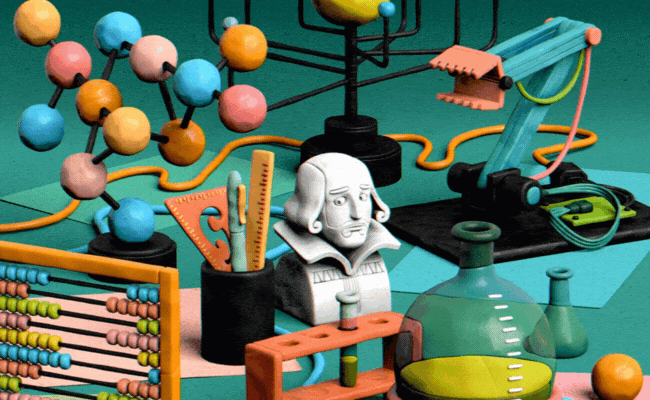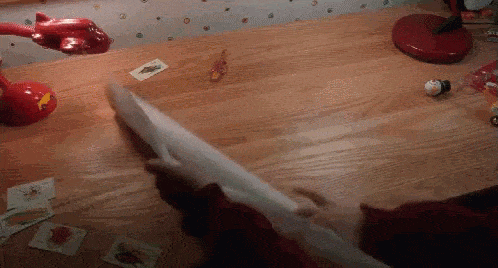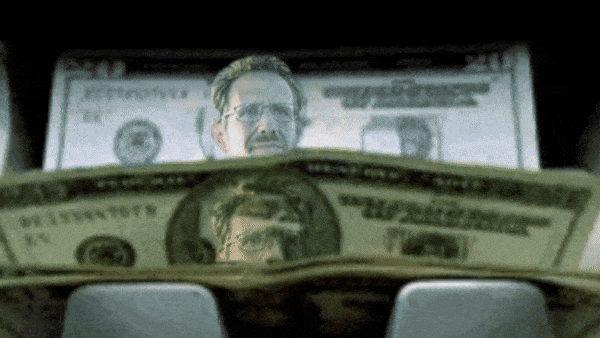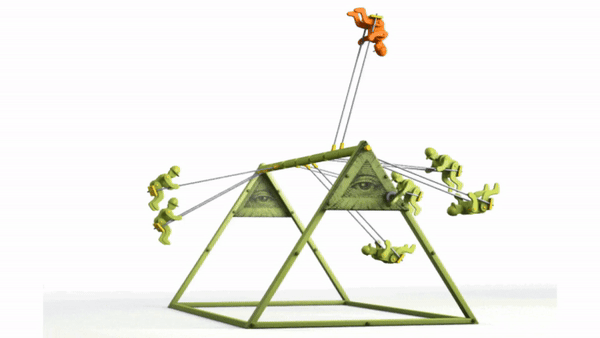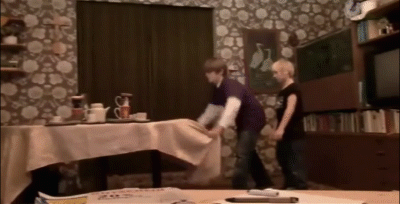
We all crave certainty, to have confidence and conviction in our view of the world and what’s coming at us down the pipeline. Certainty helps us make plans for the future, build skills and do work that is enduringly relevant…and certainty also certainly helps us sleep well at night. And perhaps nothing makes us crave certainty more than uncertainty. After a couple of years, that could be kindly described as an unforeseeable and constantly surprising sh*t show where our desire for a bit of normality and consistency is at an all-time high.
As Daniel Kahneman points out in Thinking, Fast and Slow operating in an uncertain environment and sustaining doubt is mentally taxing work. Unfortunately, our evolutionary predisposition to preserving energy means we avoid doing such work whenever possible. Our brains would much prefer to conserve energy and run on autopilot, but to do this, they must first create the belief that what is going on around us is predictable even when world events are incomprehensible and random.*
* For more on this, it’s worth checking out Dave Snowden’s work on complexity and the Cynefin framework. Although things aren’t necessarily random and do adhere to a process of cause and effect, the sheer complexity of our world and the number of interactions taking place in any one moment means the outcome cannot be predicted in advance and most likely can’t even be understood in hindsight…making them effectively random.
A question I’ve asked a few business leaders since kicking off 2022 has been, “Are you finding the start of 2022 more or less certain than the end of 2021?” The overwhelming response is that there is less certainty in the business environment now than there was two months ago. But if we’re being pedantic, I’d say this isn’t entirely accurate. The truth is, there isn’t less certainty, it’s just the illusion of certainty* we were holding onto has been exposed.
*It’s fair to say that not all illusions of certainty are created equal. Many illusions are relatively harmless (such as the above-average effect) and some are positively helpful (such as the placebo effect). Unfortunately, others can be quite detrimental.
At the end of last year, we had created a shared belief that the pandemic was subsiding, high vaccination rates would protect us and that business and travel were returning to normal. A few weeks later, a new variant and a new wave in the pandemic exposed all of these beliefs as being flawed. I’m sure that as the Omicron wave starts to dissipate, many will desperately seek out a new illusion of certainty, perhaps one based on the false belief that the next variant of the virus will necessarily be more benign that the last (even though there is no scientific evidence to support this).
The truth is, it’s not the illusion of certainty that we need to plan, build skills, do good work and sleep well, it’s the ability to operate effectively with uncertainty. To do this, we need to engage what Daniel Kahneman describes as the slow part of our brain. We need to do the mentally hard work required to investigate alternate futures and create different scenarios about what could happen. Based on these, we can then devise strategic options that we might pursue under different circumstances.
By pre-thinking how we might respond to different situations, we can have greater confidence in our decisions. But rather than this be a false confidence* based on the illusion of certainty, it can be genuine confidence based on alternate realities.
*A great example of false confidence can be found in the proclamations of Alan Joyce (CEO of Qantas) over the last two years. He initially claimed international flights would resume in May 2020, then July 2020, then September 2020, then July 2021, then October 2021, then December 2021. In most cases, these dates preempted border changes by the federal government (and perhaps even tried to influence them).
If trying to get your head around multiple possible futures seems overwhelming (especially when we can’t seem to understand even one), it doesn’t necessarily have to be. Scenario planning is a process-driven and methodical way for investigating and comprehending the future. It’s been used by multinational organisations such as Shell and Rio Tinto to plan long-term investments, as well as SMEs to develop short-term responses to legislative changes and shifting market conditions. It’s also the same process I used to create the 2025 Future Work Scenarios I shared last year.
These Future Work Scenarios are a great place to start if you want to overcome the illusion of certainty. Not only do they provide four different perspectives on how the work arrangements might unfold for Australian businesses, they also provide some thought-provoking questions to share with your leadership team and a detailed e-book that shows how the scenarios were developed.
So here’s to 2022, let’s be under no illusion that the future is certain, but let’s not let that get in the way of getting a good nights sleep!

